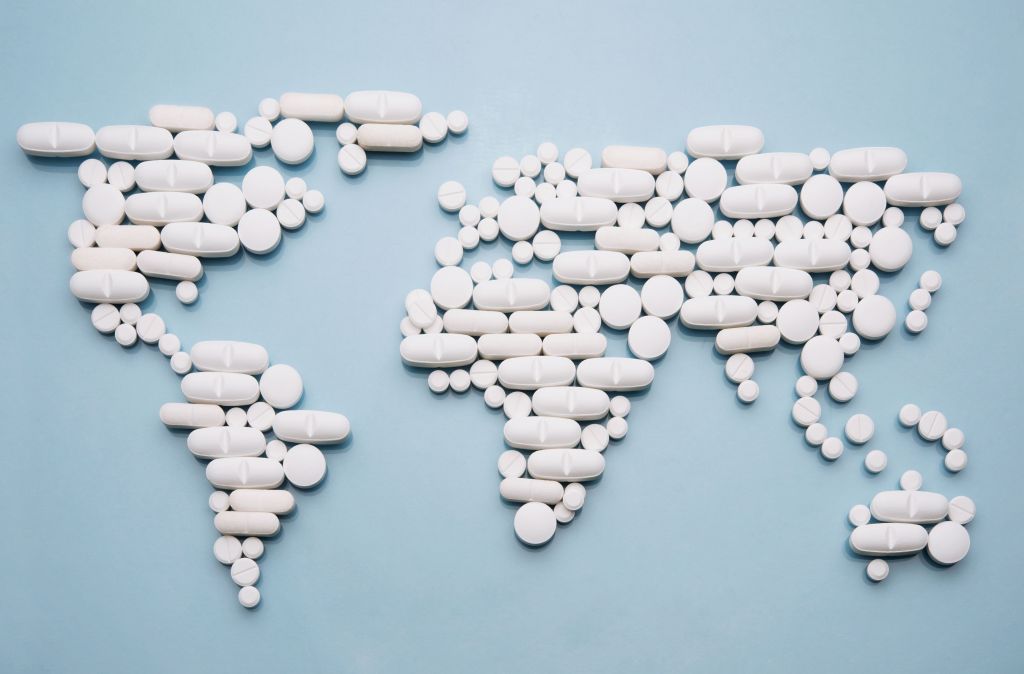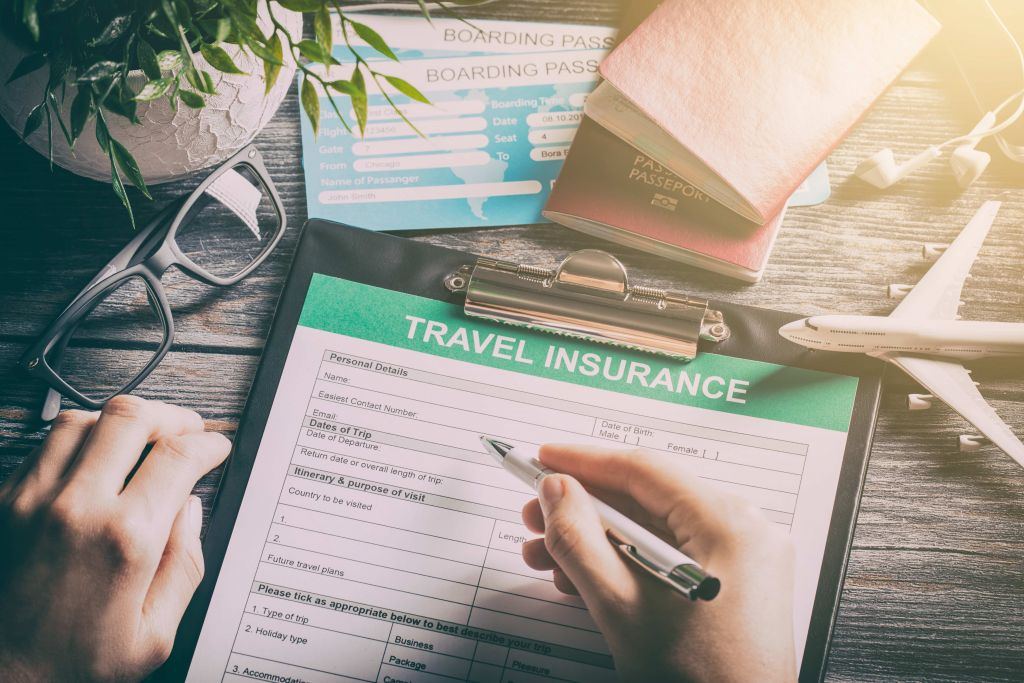Travel is an incredible way to get outside of your comfort zone, both figuratively and literally. You can enjoy new experiences, try some exciting new foods, and meet amazing new people across the world. It’s no wonder that travel is good for your mental health. But stepping outside of your normal routine can sometimes make it harder to keep up your physical health.
When planning a trip, there are a few things to take into consideration in order to stay healthy.
Pre-trip Vaccinations
Getting vaccinated before your trip can protect you from dangerous diseases you may encounter while travelling.
We’re incredibly lucky in Canada that we don’t have to worry much about getting serious diseases like typhoid, yellow fever, or Japanese encephalitis. But travellers need to consider the health risks where they’re going and ensure they’re prepared, says London Drugs pharmacist Lily Liang.
What Vaccines Do You Need?
The vaccines you need will depend on where you’re going and what you plan on  doing there. The risks will be different in different countries, or in urban areas versus more remote locations. Thankfully, many diseases like Hepatitis A and B are preventable with immunization.
doing there. The risks will be different in different countries, or in urban areas versus more remote locations. Thankfully, many diseases like Hepatitis A and B are preventable with immunization.
The Public Health Agency of Canada lists travel health notices on its website, or you can talk to a London Drugs Travel Clinic Pharmacist for advice about what vaccinations or precautions you should take.
Some countries will also require proof of vaccination in order for you to enter. For example, proof of vaccination for yellow fever is required for people visiting certain countries in South America and Africa. London Drugs is a Designated Yellow Fever Vaccination Centre, and our Travel Clinic Pharmacists can vaccinate you and provide a certificate of proof.
How to Pack Your Medications
If you have a chronic health condition, you can still travel! Make sure you have enough of your medications to last through the trip (plus some extra just in case!), and carry a record of all your medications and vaccinations. Be sure to keep your medications in their original containers.
Get a letter from your doctor explaining your condition and any medical supplies you’ll bring with you. This can make it much easier to get through security and borders without any trouble.
If you’ll be crossing time zones, talk to your doctor or pharmacist about adjusting your medication schedule.
Buying Medical Insurance
Lastly, consider travel medical insurance. Your provincial health care plan and extended benefits through an employer may not cover every situation. Accidents happen!
The best way to ensure you’ll have a fantastic trip is to be prepared. Talk to a health professional or one of our Travel Clinic Pharmacists at least 6-8 weeks before you travel to ensure you have all the information you need.
For more information about travel immunizations and staying healthy while travelling, visit our travel clinic webpage or book a travel clinic appointment.




